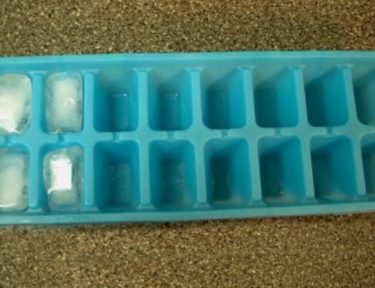Here’s Why You Should Stop Draining Your Pasta Water
It’s easy to crack open a box of pasta and a jar of sauce for a quick any-night meal. For most of us, we think our noodle skills are pretty tight, but pasta aficionados have shared that there’s a secret to creating the perfect bite.
You know how to boil and salt the water. You know how to toss in your dry or fresh pasta pieces, which were either carefully selected for their shape or carefully selected for their price. So far, you’re winning. Cooking your pasta until its texture is al dente will help the sauce to stick to it.
Ideally, this is exactly what you want so that the taste of your pasta dish is like mmm-wah! Got that? Besides choosing a yummy noodle and sauce for your meals, there’s another thing that can help you achieve that level of goodness: pasta water.
That cloudy stuff you pour out through the colander when you’re finished boiling is key to upping the flavor. Why? It’s got starch in it that helps the sauce and noodles cling to each other and makes for a silky, creamy, clump-free sauce.
You don’t have to be a gold-ranking foodie to appreciate that, and you don’t have to be a graduate of culinary school to try it. Simply scoop out a ladleful or cupful of pasta water before draining and set it aside in a pan or glass.
Now, for the next the step, you can either add the water – ½ at a time – to the sauce, or you can add it to the pan where you mix the pasta and sauce together. For those of you who are the sauce-on-top kind of folks, the water will thicken the sauce.
But hardcore pasta cooks advocate tossing both noodles and sauce together in a separate pan to get completely coated, and this is where you’ll hit the dish with the pasta water. Stir everything together and taste it as you cook to make sure it’s not too salty. You will wind up with silky, saucy pasta in each bite.
Another trick is to boil your pasta for half of its cooking time and then use tongs or a spider to toss it into your sauce to finish cooking. Add the reserved water. This will help it to reach the al dente stage during the final minutes of simmering. You will love the flavor!
No matter how you cook your pasta, there are two things you want to avoid: adding oil to the water and rinsing. Rinsing removes that starch that you need for the saucy marriage we’ve been talking about. Oil gets in the way of that marriage by making the pasta slippery. Let neither ruin the starchy glue that will keep your dish together.
You can use this pasta water trick with any type of sauce – red, creamy, or dairy-based – to enhance the yum factor in your meal. You’ll probably be tempted to compare your creation with your favorite restaurant’s, and we encourage it.
Are you already hip to this pasta water cooking tip? How does it taste? What are some of your best pasta prepping secrets?




